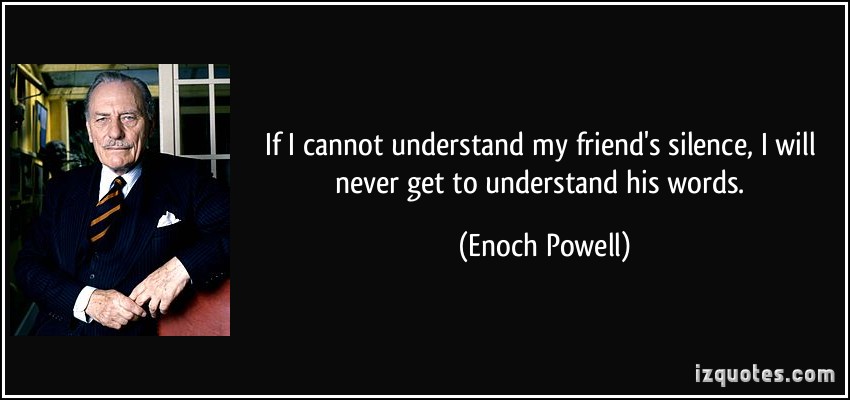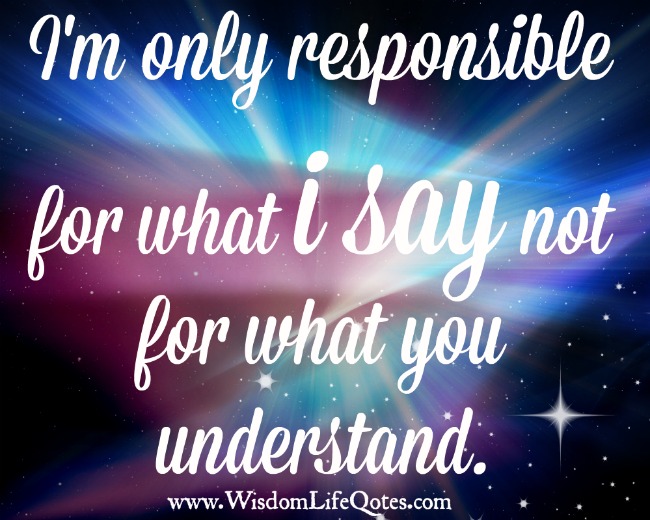

She understands the reason that her brother is angry with her. I understand why I need to exercise if I want to lose weight.

For the third person (he, she, it) you would need to add an -s to the end to make understands. In more formal written business communication, something of an explanation such as the following. If you are talking about something that you learn or know now, you can use understand.

This entry lists "I hear you" as potentially ambiguous (depending on context), but "I hear what you're saying" as mostly disagreeing. used for agreeing with what someone says.I’m not sure what the equivalent is elsewhere, but for me I could understand the very elementary principles of algebra and geometry but nothing beyond that. educational system, I failed to progress beyond seventh or eighth grade level math. I hear you or I hear what you're saying: used for telling someone that you understand their opinion, especially when you disagree with it I tried over and over and it never got any easier.

The use of "hear" instead of "understand" expresses only, "I have received the idea you're trying to communicate." Consider this entry from Macmillan dictionary: Capisco il perché di questa rabbia, Haley. When somebody is explaining something to you, or asking you to do something, replying to them with one of these words is a polite way to show that you are listening and can follow what they are saying. capisco ho capito so comprendo ho saputo mi risulta ho sentito mi pare di capire mi rendo conto mi sembra di capire posso capire aver capito. Effectively teach words, for building a better vocabulary. This site can: Intelligently simplify difficult English, for faster comprehension.
I understand software#
is powerful, free, online software that improves reading, learning, and teaching. (American speakers do not have a similarly explicit phrase, which can cause cross-cultural misunderstandings.) Translation of 'I understand' in Italian. Enter English text or a web page to simplify: Rewordify text. If you want make it more clear that you don't agree, you could say " I hear what you're saying " Similarly, the British set phrase " I hear what you say," is used to express explicit disagreement. It's perfectly common to say something like, "While I understand where you're coming from, it's still not going to work because." "I understand where you're coming from" may or may not imply that you agree.


 0 kommentar(er)
0 kommentar(er)
